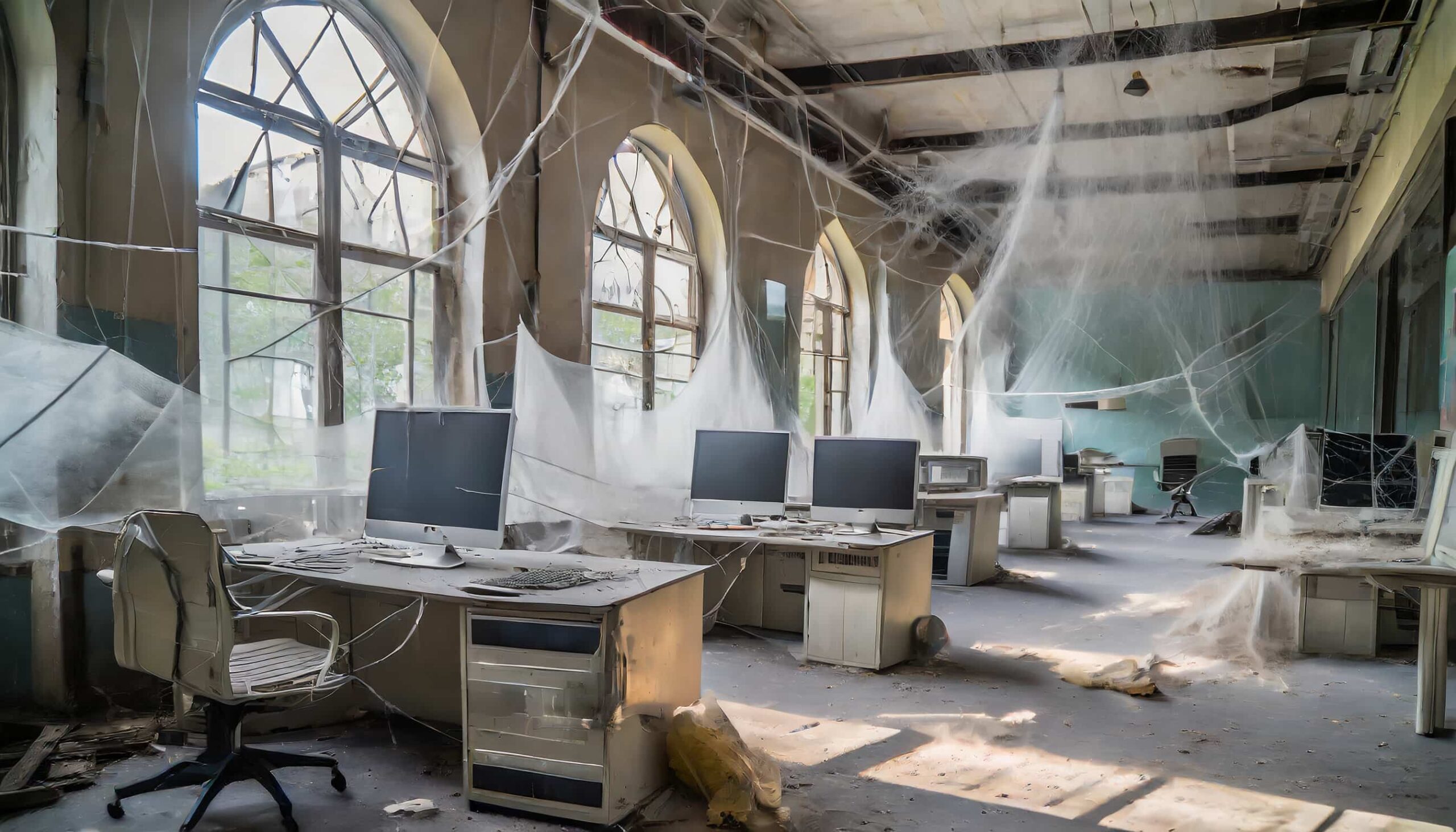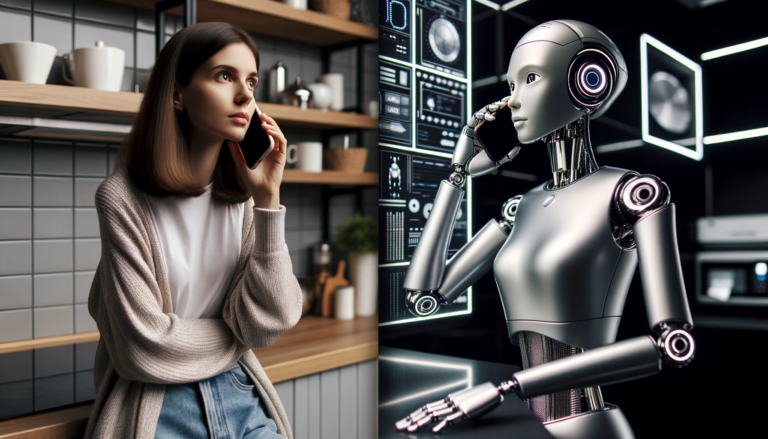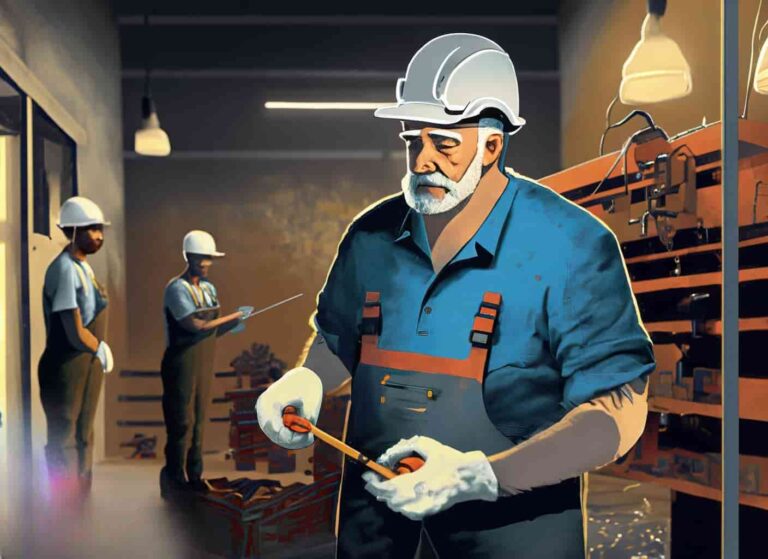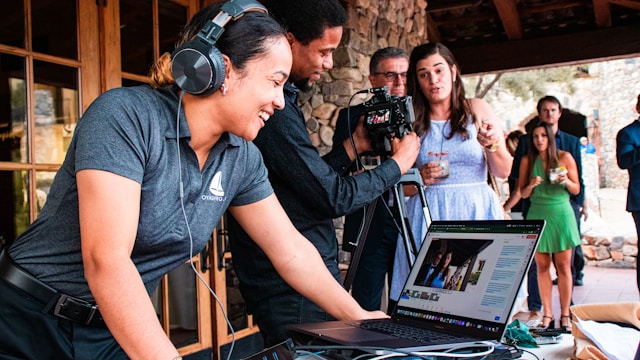The Evolution from Physical to Digital Workspaces
The concept of a physical office, a cornerstone of professional life for decades, is on the cusp of becoming obsolete. Thirty years ago, the introduction of emails, websites, and social media marked the beginning of this transition. Dr. Susan K. Green, a historian in technology evolution, notes, “The shift from paper to pixels was just the first step in a much larger journey towards completely digital work environments.”
Today’s Offices: A Hybrid Prelude to Obsolescence
In today’s world, offices have transformed into hybrid spaces, blending physical and digital realms. Dr. Alex R. Johnson, a Business Technology professor at Harvard University, observes, “We’re witnessing a gradual phase-out of traditional offices. AI and digital tools have made remote collaboration not just feasible but often more efficient.”
AI: Catalyst for a Boundaryless Work Environment
The rise of AI is accelerating the move towards a boundaryless work environment. AI’s integration into products and services is eliminating the need for centralized physical offices. “AI is becoming deeply embedded in the fabric of our work,” says Dr. Emily Zhang, an AI researcher at MIT. “It’s not just about automating tasks anymore; it’s about decentralizing the entire concept of work.”
Generational Shift: Embracing the Intangible Office
For at least two generations, AI has been subtly paving the way for this paradigm shift. “We’ve been transitioning to virtual workspaces without fully realizing it,” states Dr. John Carter, an AI ethicist. “From cloud computing to AI-driven platforms, the groundwork for an office-less future has been laid.”
The Invisible Future: AI Embedded in Daily Life
Looking ahead, experts like Dr. Rajesh Singh, a futurologist, predict a world where AI is as ubiquitous and unnoticed as electricity. “In the future, work won’t be a place you go, but something you do from any place, thanks to AI,” he predicts. This integration will see AI not just assisting but becoming an integral part of daily professional life, making physical offices relics of the past.
As we embrace this new era, the concept of an office is evolving from a physical space to a digital realm, enabled by AI. The transition from traditional office-centric work to AI-embedded workflows represents a significant cultural and technological shift, underscoring the fluid nature of work and the adaptability of human enterprise. As Dr. Green reflects, “The office as we know it is vanishing, and in its place, a more flexible, AI-integrated way of working is emerging, reshaping our lives and societies.”















+ There are no comments
Add yours